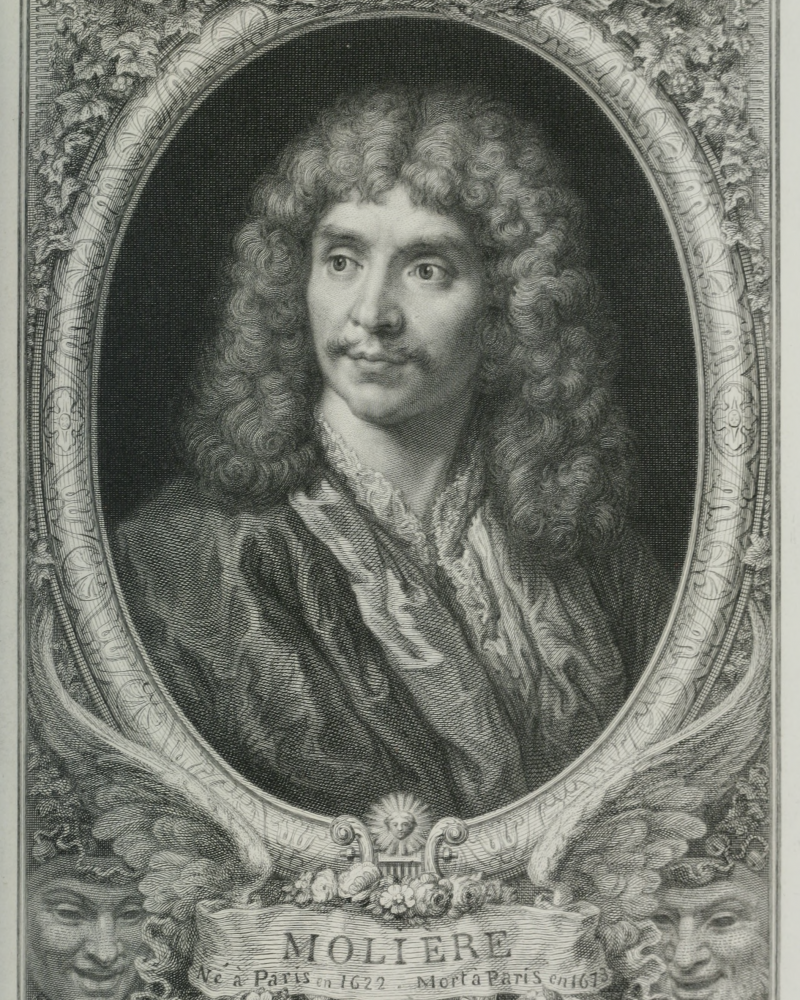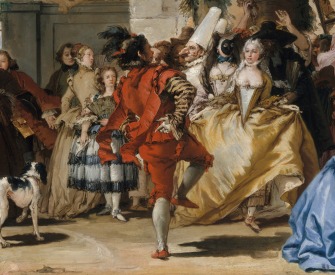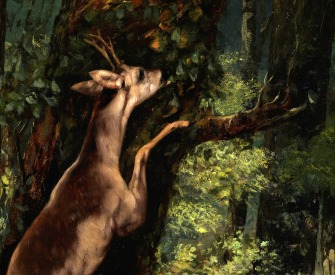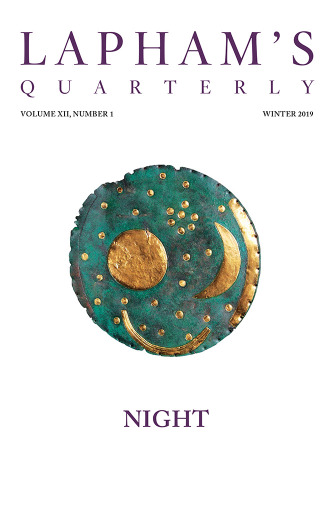
Molière
Don Juan,
c. 1665
Don Juan,
All beautiful women have a right to our love, and the accident of being the first comer shouldn’t rob others of a fair share in our hearts. As for me, beauty delights me wherever I find it and I freely surrender myself to its charms. No matter how far I’m committed—the fact that I am in love with one person shall never make me unjust to the others. I keep an eye for the merits of all of them and render each one the homage, pay each one the tribute that nature enjoins. Come what may, I cannot refuse love to what I find lovable, and so, when a beautiful face is asking for love, if I had ten thousand hearts I would freely bestow every one of them. After all, there is something inexpressibly charming in falling in love and, surely, the whole pleasure lies in the fact that love isn’t lasting. How delightful, how entrancing it is to lay siege with a hundred attentions to a young woman’s heart; to see, day by day, how one makes slight advances; to pit one’s exaltation, one’s sighs, and one’s tears against the modest reluctance of a heart unwilling to yield; to surmount, step by step, all the little barriers by which she resists; to overcome her proud scruples and bring her at last to consent. But once one succeeds, what else remains? What more can one wish for? All that delights one in passion is over and one can only sink into a tame and slumbrous affection—until a new love comes along to awaken desire and offer the charm of new conquests. There is no pleasure to compare with the conquest of beauty, and my ambition is that of all the great conquerors who could never find it in them to set bounds to their ambitions, but must go on forever from conquest to conquest.





